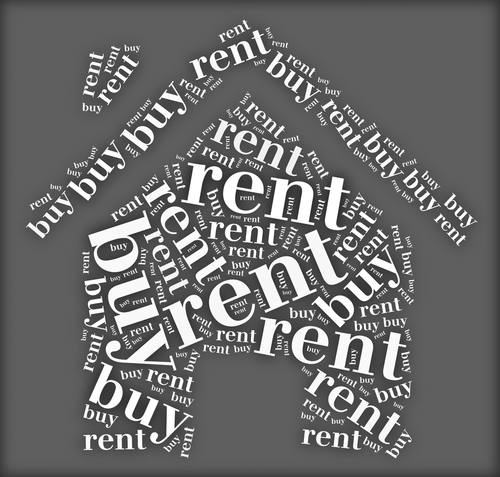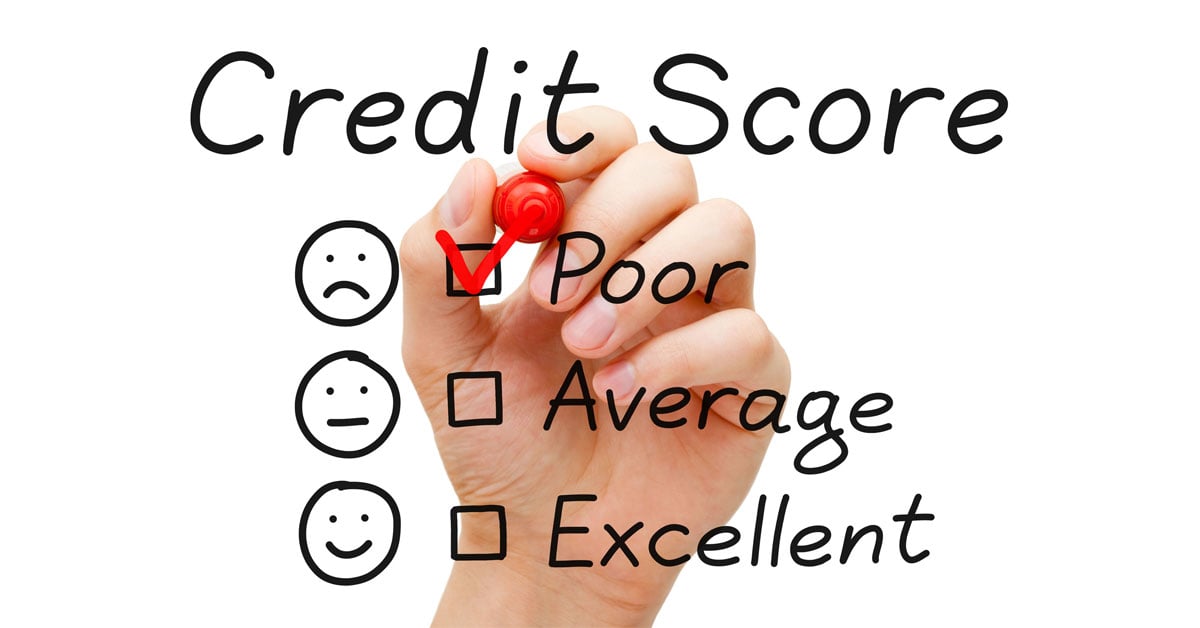I bought my first apartment in Manhattan when I was 29. I was a single woman and what I could afford was a studio co-op. Friends and family, even strangers, told me that I was crazy. I didn’t listen. What I knew was that I wanted to live in Manhattan, and I could afford a better quality-of-life if I purchased my home.
By owning a home, I knew that I would be able to live in a better apartment, and I would be more inclined to paint with color, to buy nicer furniture, to do renovations, and to befriend my neighbors. I felt like I was ready to nest and was ready to stop living like a nomad. I was able to save money by building equity in my home. And I even made some money when I sold it!
My experience buying my first apartment was so life-changing for me that I decided to become a real estate broker. As a real estate broker, often the first thing that people ask is, “Should I buy or should I rent a home?”
The answer for everyone is different. Do you want to stay in the city or town where you are now? History has proven that if you own your home for the long term, the value will appreciate. How do the costs compare between buying and renting where you live? This varies from state to state, from city to city, and even from neighborhood to neighborhood.
Reasons to Rent
If you’re considering strictly the financial reasons, it only makes more sense to rent if you want to move in a few years and/or the costs of renting are less and you will honestly rigorously invest the monthly amount that you are saving. If you are not inclined to be a successful and disciplined investor, then the equity you build in your home and the tax benefits you receive from homeownership will outweigh any benefits from spending less monthly on a rental.
But if you have the confidence and the money to buy a home, the payoff can be huge, and not just financially. Financially, it only makes sense to rent if:
- You are planning to move within the next few years and/or
- You are honestly going to rigorously invest the monthly amount that you are saving.
If you are not inclined to be a successful and disciplined investor, then the equity you build in your home and the tax benefits you receive from homeownership will outweigh any benefits from spending less monthly on rent.
Benefits of Buying
If I’m working with someone who does want to purchase a home, I begin by asking some basic questions about the buyer’s financial qualifications.
According to Ari Sorotzkin from Citibank, while different mortgage products are available for people in varied financial positions, in order to get the best mortgage terms, a buyer should have:
- At least 20% down-payment.
- Post-closing liquidity (cash available after your down payment) of at least 6 months of housing payments.
- A credit score of 720 or higher.
- Your debt-to-income ratio (all monthly debt payments to your income) should be no greater than 40%.
 How to Overcome Poor Credit
How to Overcome Poor Credit
A credit score below 720 will likely be a hindrance when it comes to buying a home. Even if your credit score is less than perfect, there are ways to overcome poor credit. Reviewing your credit report for any errors, making payments on time, and paying off debt as quickly as possible are some of the best ways to improve your credit score. Also, you might want to consider hiring a credit repair service.
Co-op vs Condominium
I work in NYC and because cooperative apartments tend to be less expensive than condominium apartments, buyers are often interested in purchasing co-ops. I need to make sure that a buyer understands that co-ops often have even stricter financial requirements than mortgage lenders. A coop may require two years of post-closing liquidity or a 30% down payment. These requirements are the very reasons why a coop may be a more stable investment, but a buyer and his broker need to be aware of these requirements, which can vary from building to building.
Because a condominium is a real property, closing costs for a condo are a little more substantial. They include the mansion tax as well as city and state transfer taxes and mortgage recording taxes. Those taxes will total up to approximately 4.4% of the purchase price. For the new home purchaser, the process isn’t easy.
The Downpayment
If a buyer doesn’t have the cash necessary for a down payment or the required post-closing liquidity, I ask if there is someone in the buyer’s family who can “gift” them the money. It needs to be a gift because the lender (and the coop) will want to see that the buyer doesn’t OWE anyone ELSE any money. Any cash that is remaining after the closing belongs to the buyer and the buyer can do with it what he wishes (including giving the money right back). After having an initial conversation with my new buyer, I immediately ask him to call a mortgage lender to get pre-approved.
A buyer who has a real pre-approval letter will be in a much stronger position when he finds the right apartment and is ready to make an offer. A seller will take his offer much more seriously. A buyer also doesn’t want to forget about closing costs. Closing costs for a coop apartment will run about $5000 or $6000. Closing costs include several fees and the exact amounts will vary for every deal; check with your broker and your attorney for your specific numbers. If the apartment is over $1M, then there is an additional “Mansion Tax” of 1% of the sale price.
There is no question that right now the real estate market is very strong, especially here in NYC. Inventory is low and competition for good apartments is fierce. This increased competition is pushing prices higher. In order to be a successful home purchaser, you have to be confident and aggressive. You have to be willing to spend more than a buyer had to spend a few months ago. You have to have enough cash saved up for your down payment and you can’t be broke after that. But if you have the confidence and the money to buy a home, the payoff can be huge. The benefits of buying a home are many, financially and otherwise:
- Build equity
- Tax benefits
- Appreciation
- Security and Stability
- Control over your environment
- You love where you live
As I experienced firsthand, the emotional payoff of owning a home is the most important thing.
This article was contributed by Stacey Max, Sales Manager at BOND New York, the largest independently owned real estate agency in Manhattan with seven offices and 550 agents. To read more about NYC living, go to www.bondnymagazine.com


 How to Overcome Poor Credit
How to Overcome Poor Credit





